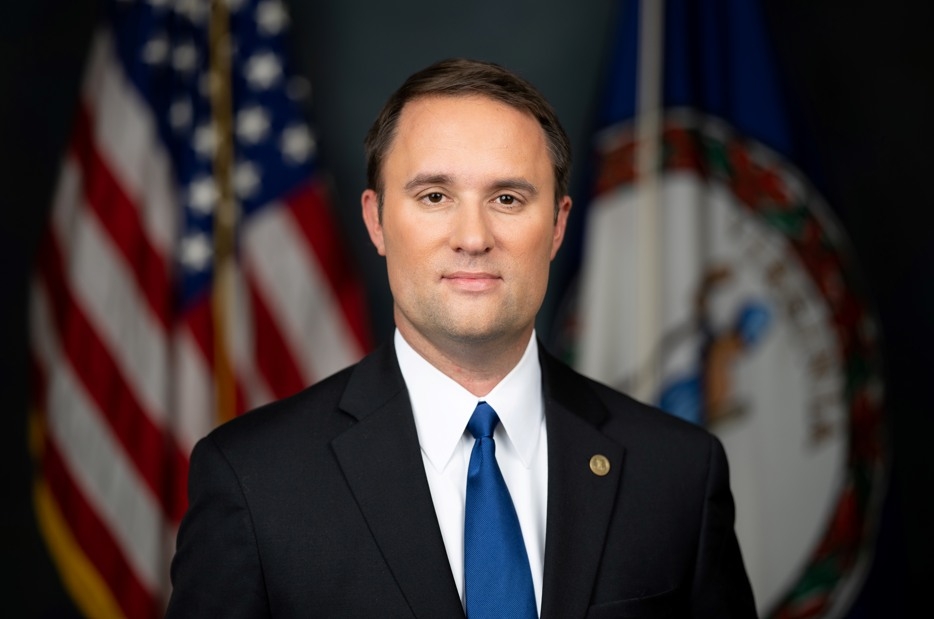Attorney General Miyares Files Lawsuit Against Meta for Harming Youth Mental Health
Through its Social Media Platforms
STAFF REPORTS
TALKWINCHESTER.COM
RICHMOND, VA — Today, Attorney General Jason Miyares and 41 other attorneys general throughout the country sued Meta in federal and state courts alleging that the company knowingly designed and deployed harmful features on Instagram and its other social media platforms that are purposefully addictive for children and teens. At the same time, Meta falsely assured the public that these features are safe and suitable for young users.
The attorneys general assert that Meta’s business practices violate state consumer protection laws and the federal Children’s Online Privacy Protection Act (COPPA). These practices have harmed and continue to harm the physical and mental health of children and teens and have fueled what the U.S. Surgeon General has deemed a “youth mental health crisis” which has ended lives, devastated families, and damaged the potential of a generation of young people.
“We have a mental health crisis in our country. Everywhere I go – from Loudoun to Lee – Virginians agree that social media presents a new and unique danger to our children. Users know that platforms like Instagram are addicting – especially to children. It’s obvious. But this addictive nature goes beyond just distracting our youth. It’s harmful, has real world implications, and Meta has been flat out disingenuous to the American people,” said Attorney General Jason Miyares. “This lawsuit is about holding big corporations that prioritize financial gain over our children’s wellbeing accountable.”
The federal complaint, joined by 33 states and filed in U.S. District Court for the Northern District of California, alleges that Meta knew of the harmful impact of its platforms, including Facebook and Instagram, on young people. Instead of taking steps to mitigate these harms, it misled the public about the harms associated with use of its platform, concealing the extent of the psychological and health harms suffered by young users addicted to use of its platforms. The complaint further alleges that Meta knew that young users, including those under 13, were active on the platforms, and knowingly collected data from these users without parental consent. It targeted these young users noting, as reported in a 2021 Wall Street Journal article, that such a user base was “valuable, but untapped.”
While much of the complaint relies on confidential material that is not yet available to the public, publicly available sources including those previously released by former Meta employees detail that Meta profited by purposely making its platforms addictive to children and teens. Its platform algorithms push users into descending “rabbit holes” in an effort to maximize engagement. Features like infinite scroll and near-constant alerts were created with the express goal of hooking young users. These manipulative tactics continually lure children and teens back onto the platform. As Aza Raskin, the original developer of the infinite scroll concept, noted to the BBC about the feature’s addictive qualities: “If you don’t give your brain time to catch up with your impulses, . . . you just keep scrolling.”
Meta knew these addictive features harmed young people’s physical and mental health, including undermining their ability to get adequate sleep, but did not disclose the harm nor did they make meaningful changes to minimize the harm. Instead, they claimed their platforms were safe for young users.
These choices, the complaint alleges, violate state consumer protection laws and COPPA. The federal complaint seeks injunctive and monetary relief to rectify the harms caused by these platforms.
In parallel complaints filed in state courts today, eight states have made similar allegations.
States joining the federal lawsuit are Arizona, California, Colorado, Connecticut, Delaware, Georgia, Hawaii, Idaho, Illinois, Indiana, Kansas, Kentucky, Louisiana, Maine, Maryland, Michigan, Minnesota, Missouri, Nebraska, New Jersey, New York, North Carolina, North Dakota, Ohio, Oregon, Pennsylvania, Rhode Island, South Carolina, South Dakota, Virginia, Washington, West Virginia, and Wisconsin. Florida is filing its own federal lawsuit in the U.S. District Court for the Middle District of Florida. Filing lawsuits in their own state courts are the District of Columbia, Massachusetts, Mississippi, New Hampshire, Oklahoma, Tennessee, Utah, and Vermont.
Read the complaint HERE.




























